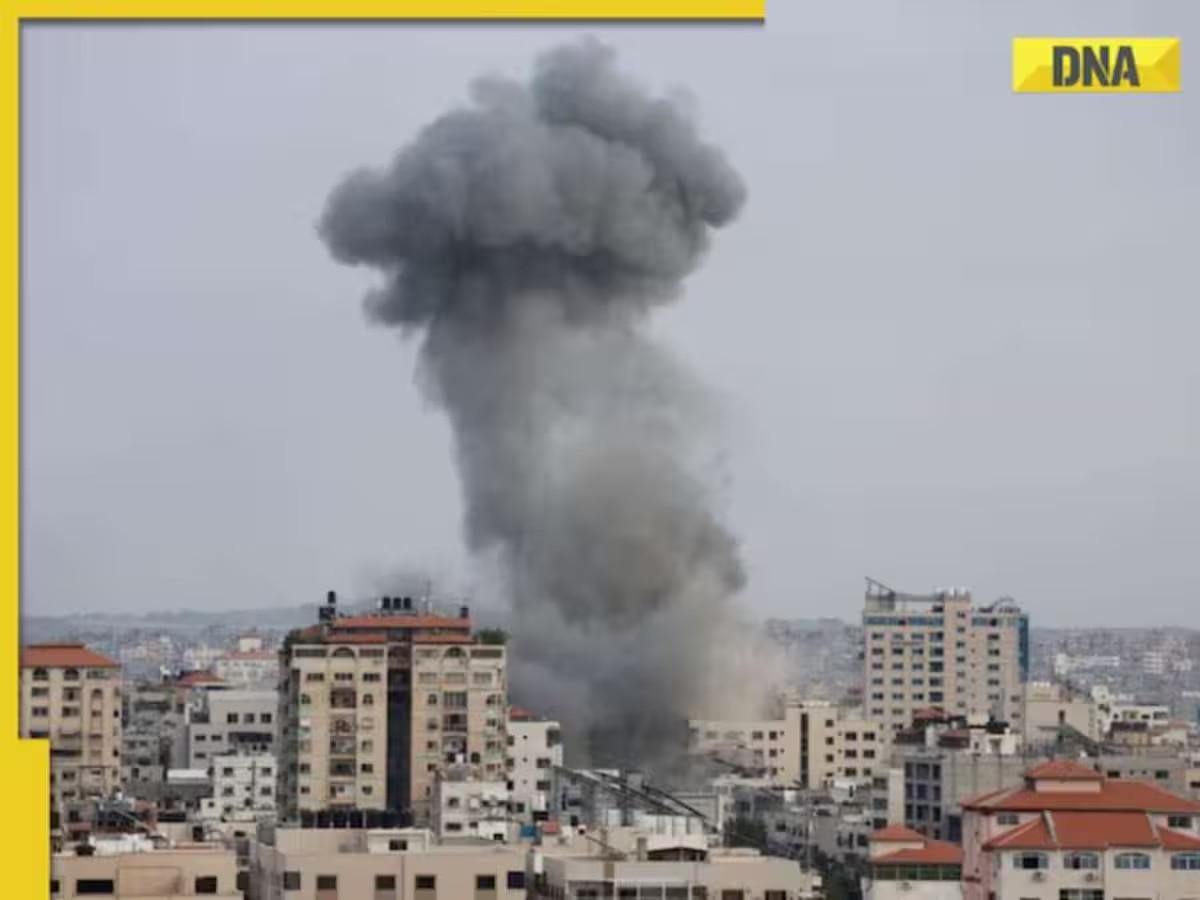
South Africa has made an urgent plea to the International Court of Justice (ICJ) to command Israel to cease its ongoing assault on Rafah. This move is part of South Africa’s broader case that accuses Israel of committing genocide against the Palestinian people, reported Al Jazeera on Thursday. The case was originally filed by South Africa in January to address Israel’s war on Gaza. However, recent developments have pushed South Africa to seek immediate emergency measures to curb the Israeli offensive on Rafah—a city in the southern Gaza Strip that has become a sanctuary for more than one million displaced Palestinians fleeing from attacks in other areas of the enclave.
During a court session in The Hague on Thursday, South Africa painted a grim picture of the situation. The South African representatives underscored that the Palestinian people are facing what they termed “ongoing annihilation,” with the recent assault on Rafah described as “part of the endgame in which Gaza is utterly destroyed.”
Prominent South African lawyer Tembeka Ngcukaitobi emphasized that despite clear warnings of potential “genocidal” repercussions, Israel continues its aggressive actions in Rafah. Israel has firmly rejected South Africa’s allegations that it is in violation of the 1949 Genocide Convention, labelling these accusations as unfounded. An official response from Israel is expected on Friday, reported Al Jazeera.
Just before the court hearings commenced, Israeli Defence Minister Yoav Gallant defended the controversial operation in Rafah. He announced that the military campaign would persist, stating that “additional forces will enter” the embattled region.
The humanitarian situation in Rafah is nothing short of catastrophic. This densely packed city is teeming with hundreds of thousands of Palestinians who are now living in makeshift tents. The dire conditions have led to the swift spread of diseases, compounded by a severe shortage of food and clean water. According to Al Jazeera reports, the only operational hospital in the area has been forced to shut down, leaving only a small facility that is completely overwhelmed by the volume of patients.
In previous rulings, judges at the ICJ have ordered provisional measures aimed at limiting the humanitarian crisis in Gaza. Among these measures was a directive for Israel to ensure that basic food supplies reach the Palestinians in Gaza without delay. The ongoing blockade, however, has had devastating effects, with many Palestinians suffering from severe hunger and, in some cases, famine conditions.
Compounding the crisis, the Israeli military recently took control of and closed the Palestinian side of the Rafah border crossing between the Gaza Strip and Egypt. This crossing serves as a lifeline for humanitarian aid, and its closure has substantially hampered the operations of various aid agencies. Highlighting the gravity of the situation, South Africa submitted a written statement to the court, asserting, “if Rafah falls, so too does Gaza.”
Adding a poignant legal voice, South African lawyer Adila Hassim argued that the obstruction of humanitarian aid could only be interpreted as a deliberate action to extinguish Palestinian lives, equating the starvation they are experiencing to famine. “The thwarting of humanitarian aid cannot be seen as anything but the deliberate snuffing-out of Palestinian lives. Starvation to the point of famine,” Hassim told the court.
In summary, South Africa’s appeal to the ICJ is not merely a plea for immediate intervention but serves as a critical call to prevent what it describes as a looming genocidal catastrophe. The country’s legal team has pushed for urgent ceasefire orders, underscoring the severe humanitarian consequences already affecting the residents of Rafah and the broader Gaza Strip. The international community closely watches as the court deliberates on these pressing issues, awaiting an official response from Israel and further developments in this ongoing humanitarian crisis.












